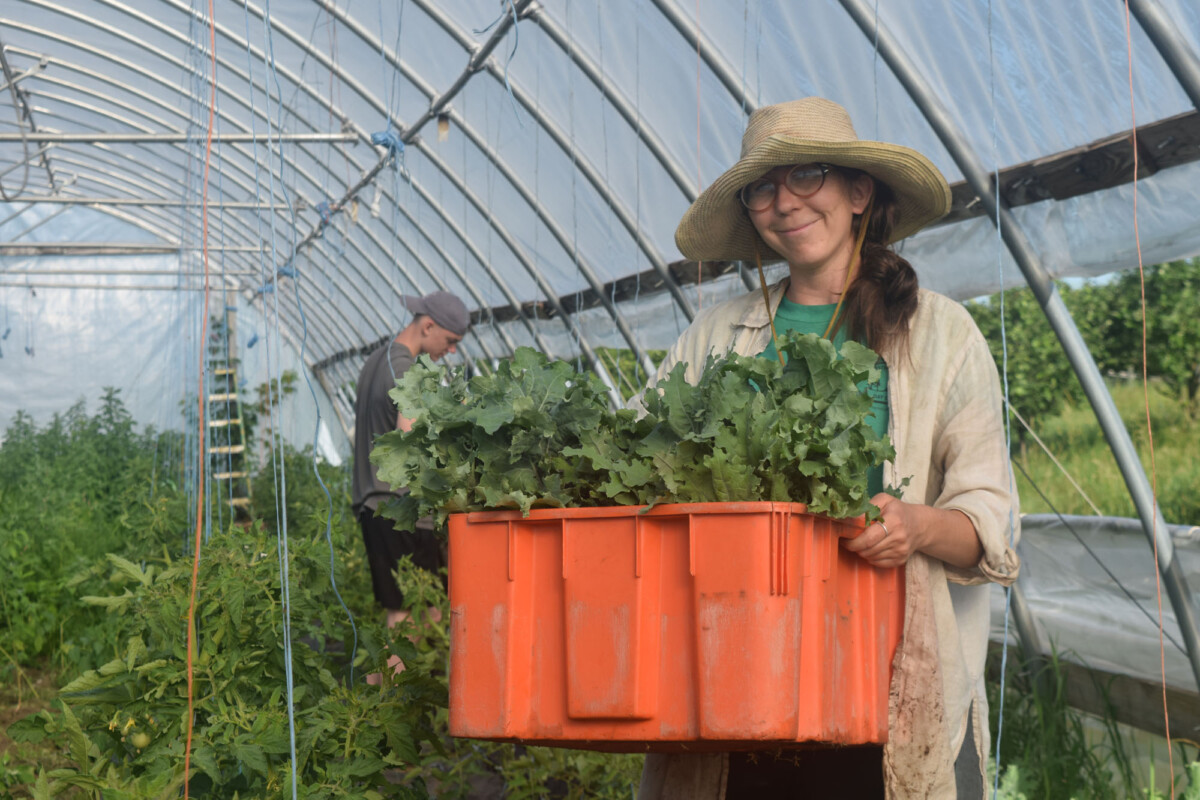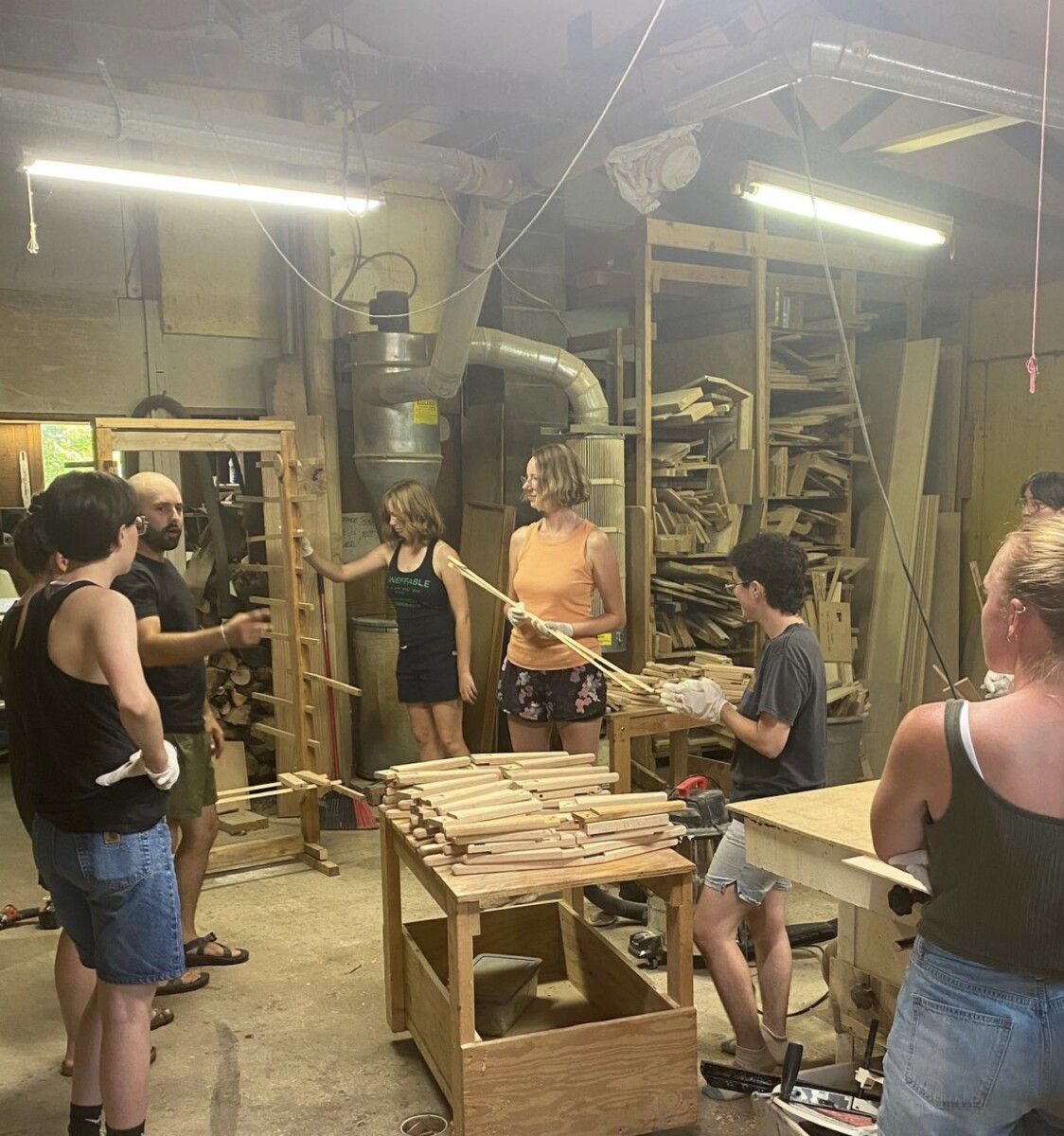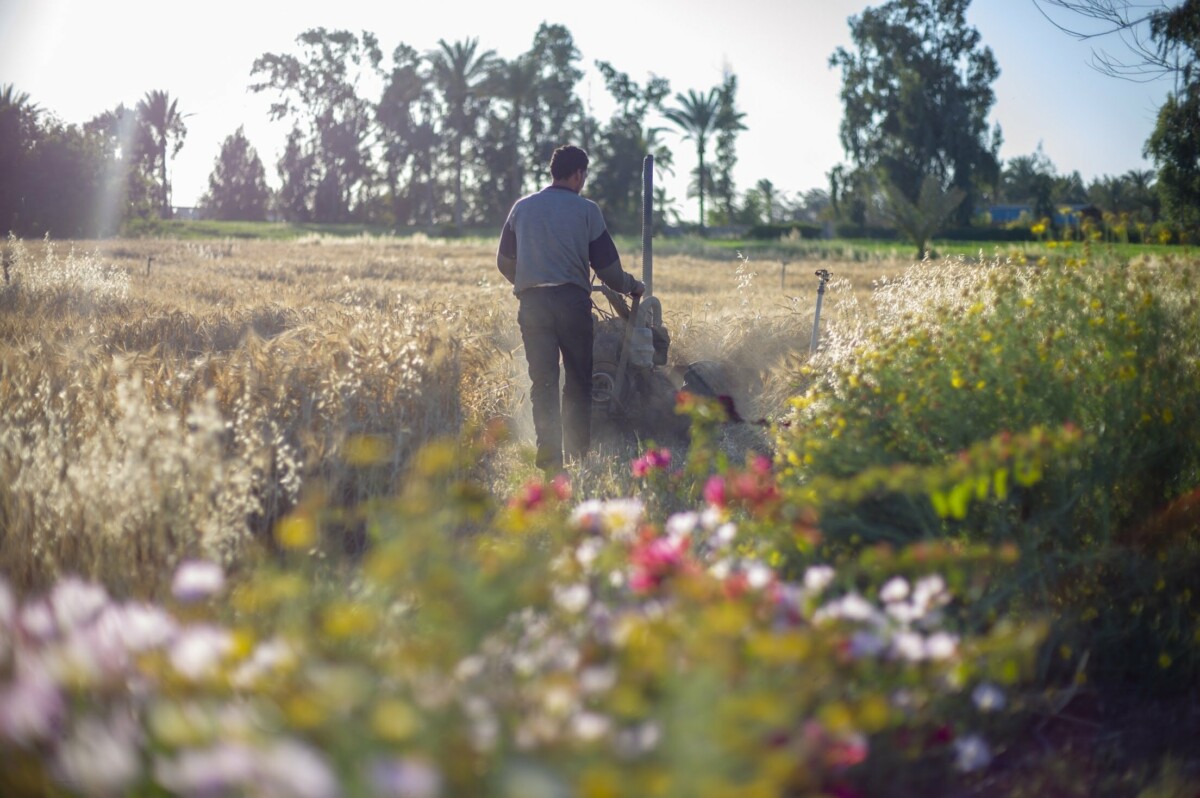“Living in six extended family households, including adults with developmental and other challenges, they are surrounded by family farms, woods, and warm-hearted neighbours.”









Volunteering area: People & Earth Care
Location: Wisconsin, USA
Short description: Their non-profit community can be found in North West Wisconsin, tucked into the bluffs of the St. Croix River, yet less than an hour from Minneapolis/St Paul. Living in six extended family households, including adults with developmental and other challenges, they are surrounded by family farms, woods, and warm-hearted neighbours.
They see their contribution to the project as a lifestyle, not a job. It is an active, practical, energetic place where they all love to create a sustainable and land-based life. It suits people who enjoy a diversity of busy and creative, purposeful, physical activities. Everyone at Community Homestead is a volunteer contributing their efforts and receiving their needs from a shared budget. “We all participate as we are able to and are valued for who we are. Regardless of abilities, we are all members of the same team, looking after the land, each other and our town, county, and world”.
At Community Homestead, everyone lives in separate houses within walking distance of each other. Each house lives as an extended family with people of all ages and abilities. Led by experienced coordinators, each person is cared for and contributes to the creation and running of a warm, considerate and vibrant household.
Every person has a full day of activities in the community or beyond. It is an active place! Along with the 35 people here, they are joined by others needing support in their locality; teenagers learning social and vocational responsibility, and adults finding friendship and meaning in their lives. They have many visitors and outreach opportunities.
All their activities stress nature, sustainability and responsibility as well as the unique contribution of every individual involved. Together, they run a small dairy farm and raise beef, pork and chicken. They have a large, 20-acre garden and orchard, a bakery, a processing kitchen, a wood workshop, and many other craft workshops. Everything is certified organic. They participate in Farmer’s Markets and Craft Fairs and help organise events in Oceola. Community Homestead also builds and takes care of their homes, cooking needs, hikes, camps, and create a social network for them all to thrive in. All their activities sustain the community economically and provide a therapeutic base for everyone to learn new skills, connect with others and be a valued member of the team.
Main activities will include (but are not limited to):
This is a place where you can learn a lot about organic farming, living sustainably, and living with others. The opportunity to learn homesteading skills, from making yoghurt to milking cows, baking bread, building, gardening, cooking, repairing and much more, are all available. Learning to care for others and work with people of diverse abilities, personalities and cultures is a good springboard to future teamwork. But the biggest opportunity is to learn about yourself and to increase your capacity and personal resources.
- Each volunteer is expected to become an integrated member of their household, contributing to the management and well-being of the home. Tasks like sweeping, doing dishes, and making meals, are shared according to the abilities of the individual but everyone does all they can.
- Care for others in the home usually means a lot of awareness, consideration and reminding of housemates. It can also include helping people to tidy their things, pick out clothing or make money decisions. Most of the people you would live with are able to do their own personal care but need guidance and social cues about how to live life considerately. Everyone needs to be valued and included.
- They have activities that run Monday to Friday all day. They life rhythm varies according to the season. They have very cold, long winters and hot summers without much spring or fall. In the winter they concentrate on crafts and arts, woodwork, and construction. And in the summer they concentrate on the garden, farm and processing the food that comes from it. The social life is year-round but is snow-based and home-based in the winter and outdoors-based and summer-based when they can enjoy a warm weather. The bakery and construction run year-round. You would have to choose which activities fits best to you and help and support there during the day with all it might appear.
- During the weekends there are still full activities and life but they vary by weekend. They can include outings, bike rides, swimming, craft fairs, community projects and chores and, in the summer, more gardening of course!
- Everyone needs to be willing to help with all of the areas of the community if needed. But they like to tailor the schedule to fit the needs, talents and unique character of every individual, drawing from the opportunities they have. “We love it when people bring their own talents like music or so many others. We like to incorporate these talents into the community as well when possible”.
Specific information/requisites:
– Because this is not a “job” they do not have “time off”. Instead, they acknowledge that every person needs downtime/personal time/travel time to regenerate and they work together to ensure that it happens. This means every person needs to be generous with their time and offer to help others and above all, to communicate with consideration about what they need and want. They work hard to make a community that is willing to gift time and opportunities to everyone!
– They do not require any prior experience with people with disabilities. They value but do not require prior homesteading skills or experience.
– They do need volunteers to have the willingness to be proactive, positive, open-minded, and to give their best. You need to be able to participate in the activities they offer, although there is room to participate in various ways (arts or farm for example, or having a reserved or outgoing personality).
– You need to have a conversational grasp of English.
– The minimum time to volunteer is three months and the longest for an international volunteer is one year. This depends on their needs and accommodation at any point.
– Volunteers need to be careful that they truly enjoy what we have to offer so that their lives are full of opportunity from dawn to dusk. If you are looking for friends only of your own age and ability, or city travel opportunities with a few hours of volunteering thrown in, this is not a good match!
– We are sometimes able to insure drivers to drive a community car if they are over 21yrs with a good record, and from reciprocating countries (Mostly northern Europeans who can exchange their license for a Wisconsin license) Otherwise, in a context of no public transport, we rely on each other for rides. We communicate, are nice to each other and, it works out!
– Visa information: Non-USA residents are permitted to volunteer and travel with no monetary compensation for up to 3 months. ESTA country residents (mainly European), can travel on tourist visas. Volunteering longer than 3 months requires a current B1/B2 visa to be granted from the USA embassy in your home country. Applying for this visa can be a simple or time-consuming process depending on your country of origin. We can help with this process by giving candidates a formal letter of invitation and an affidavit but you must apply independently yourself. We do not offer visa advice.
More information: communityhomestead.org / Their Instagram


